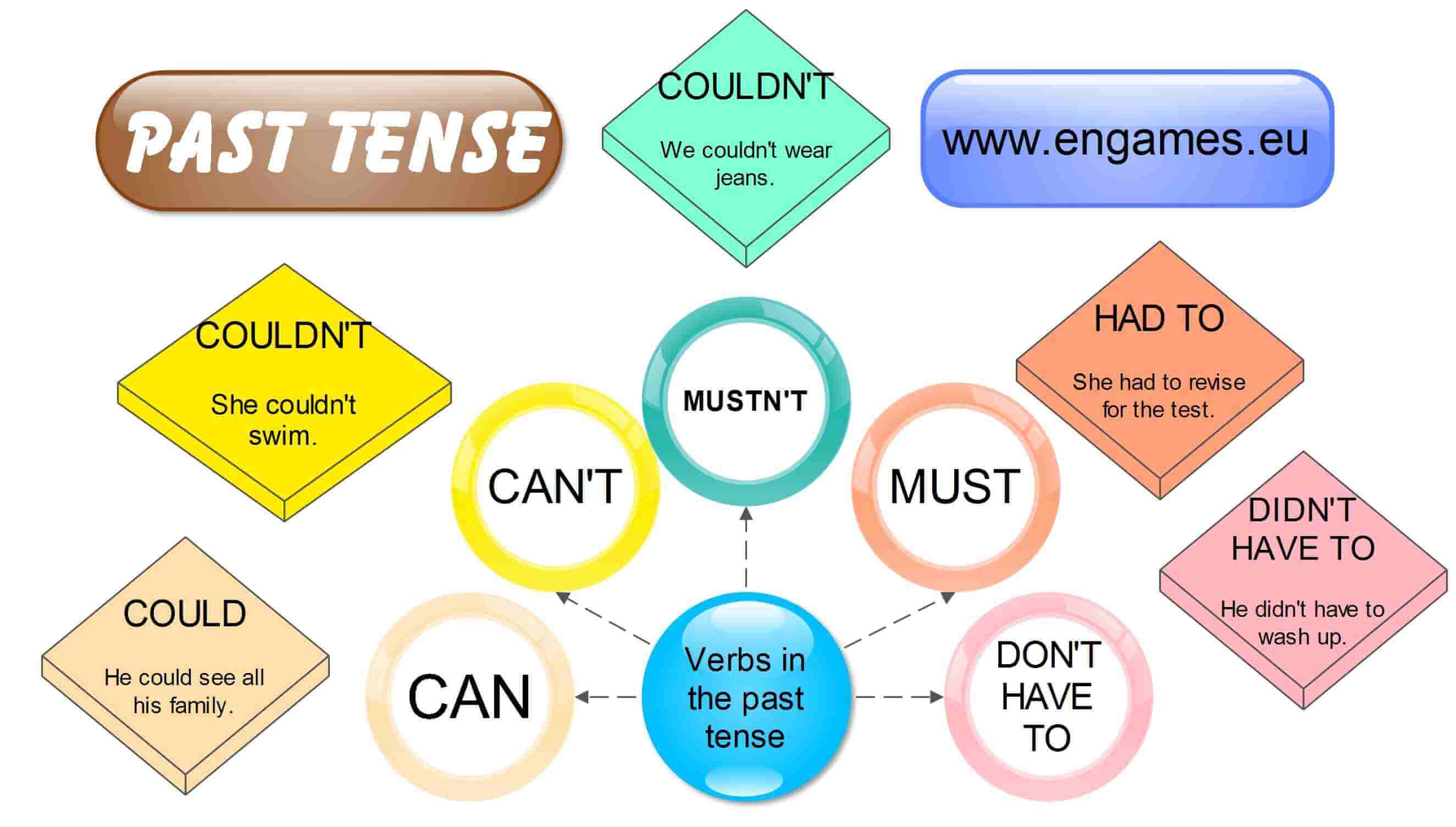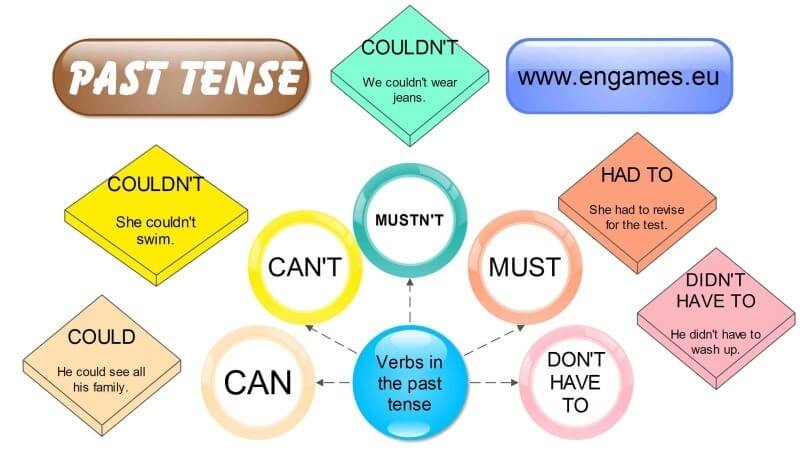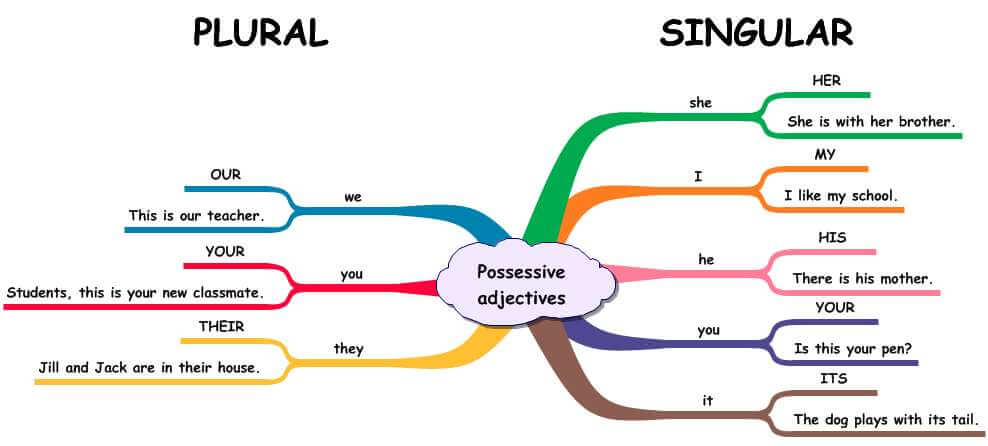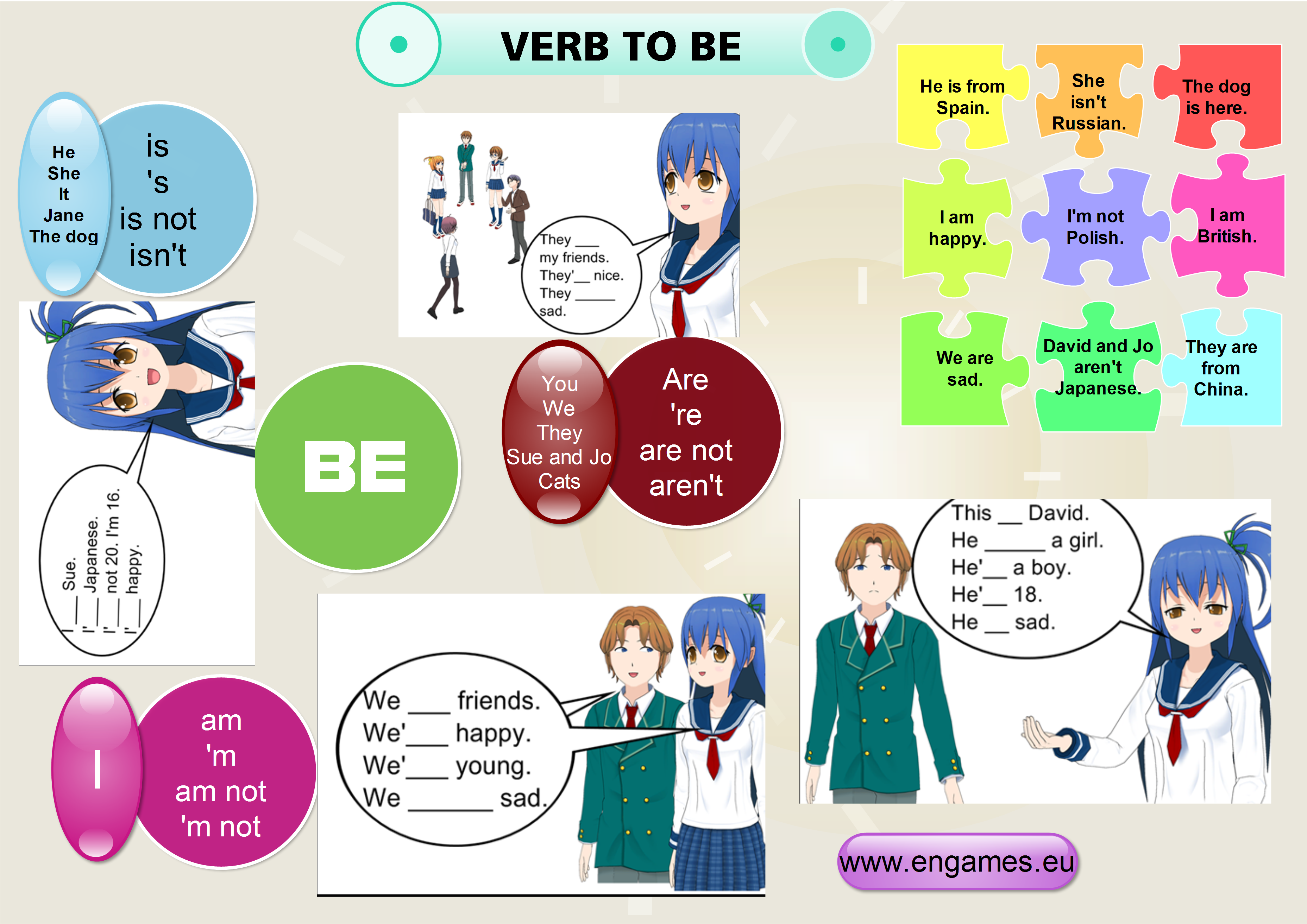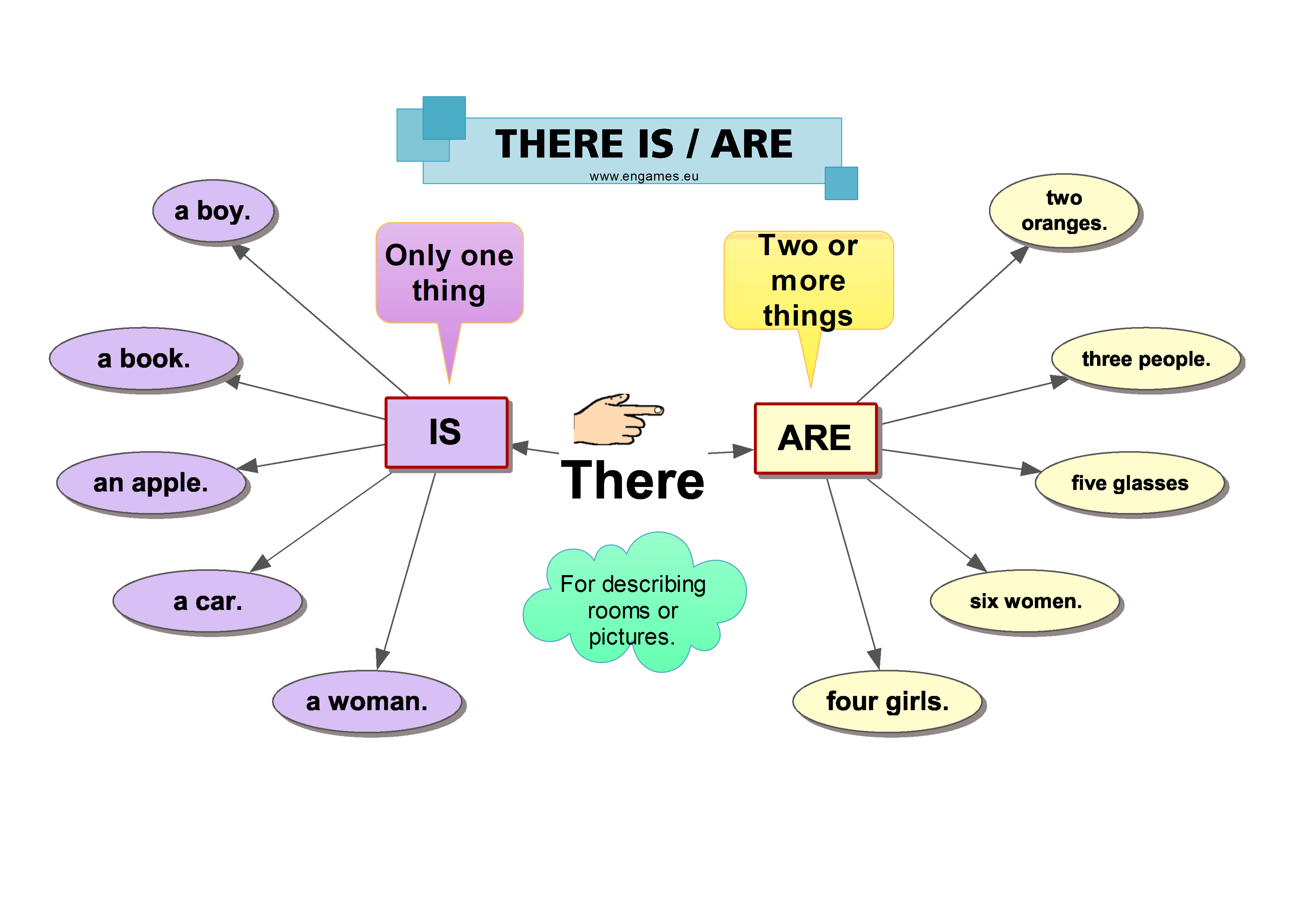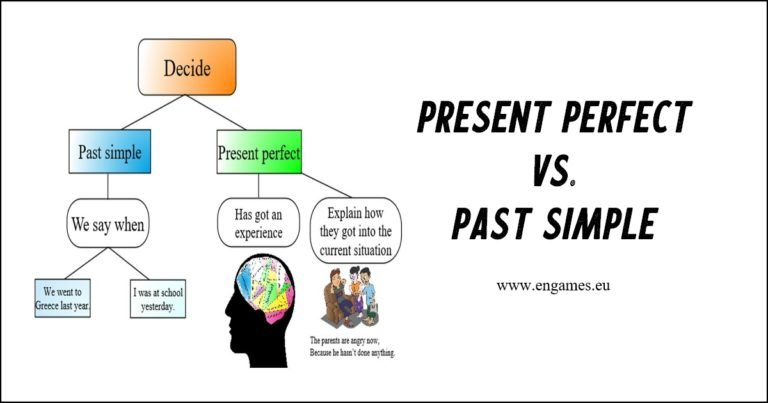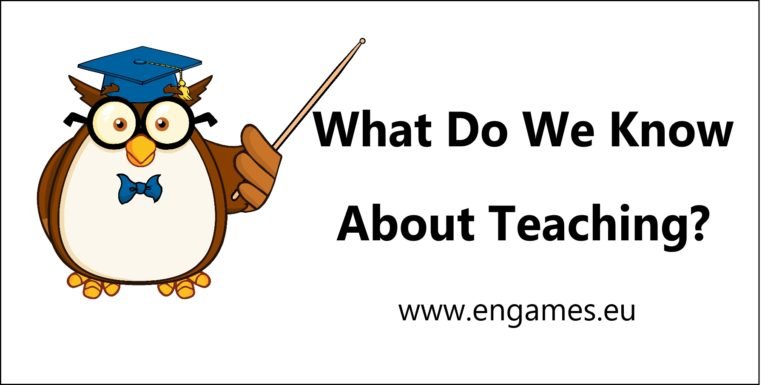Past tense of modal verbs
The past tenses of the modal verbs MUST, CAN and CAN’T often cause problems, even for advanced students of English. I have heard some of my best students, who had already passed the CAE exam, use words like MUSTED, and I was not happy about it. That is why I try to teach this grammar thoroughly.
ADVERT:
[showmyads]
In this post I would like to share an infographic and additional exercises I use to teach this grammar point. I hope you find this post useful. Please don’t hesitate to share any of your materials on this topic. You can send them to my email: rotreklzdenek @gmail.com. Thank you.
Modals in the past tense – infographic
Modal verbs in the past tense – quiz
Modal verbs in the past tense – links
There are some very interesting exercises at the British Council site.
There are more exercises on this topic at the BBC learning English site.
